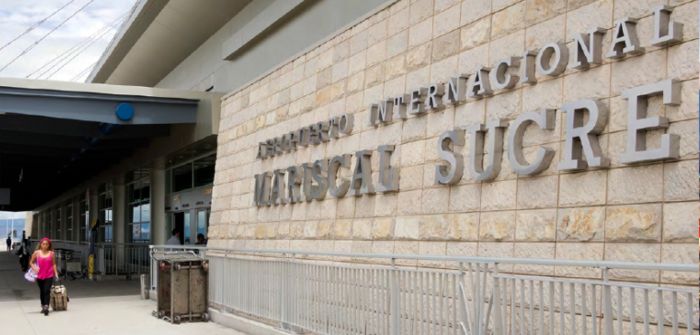Mariscal Sucre International Airport in Quito, Ecuador, has become the first international airport in Latin American and the Caribbean to achieve carbon neutrality.
Owner Corporación Quiport joined Airports Council International (ACI) Airport Carbon Accreditation program in 2015.
Andrew O’Brian, president and CEO of Quiport, explained, “Today we have completed the four levels of the [ACA] program. Corporación Quiport’s initiatives to achieve this have included concrete actions to reduce greenhouse gas emissions, reduce fuel consumption, increase energy efficiency, improve water management, maintain conservation areas for flora and fauna, and more.”
In July 2019, emissions for 2018 were measured and Quito Airport’s carbon footprint was calculated at 3,273 tons of CO2 emissions, a 41% reduction compared with 2014, the base year (5,534 tons of CO2).
Each year, the airport will recalculate its carbon footprint and maintain or reduce the levels of emissions.
“We continue to work so that our efforts go beyond Quiport’s operations. To date, we have strengthened our impact by getting 26 companies at the airport, from airlines to commercial operators, to start initiatives to reduce their own carbon footprints,” added O’Brian.
Quiport also offsets its direct emissions by buying certified carbon credits in sustainable projects. The company has chosen to help fund the MANOA REDD+ Project, designed to preserve 74,000ha of forest in Rondônia State, Brazil, which faces threats to its biodiversity from deforestation and illegal logging.

